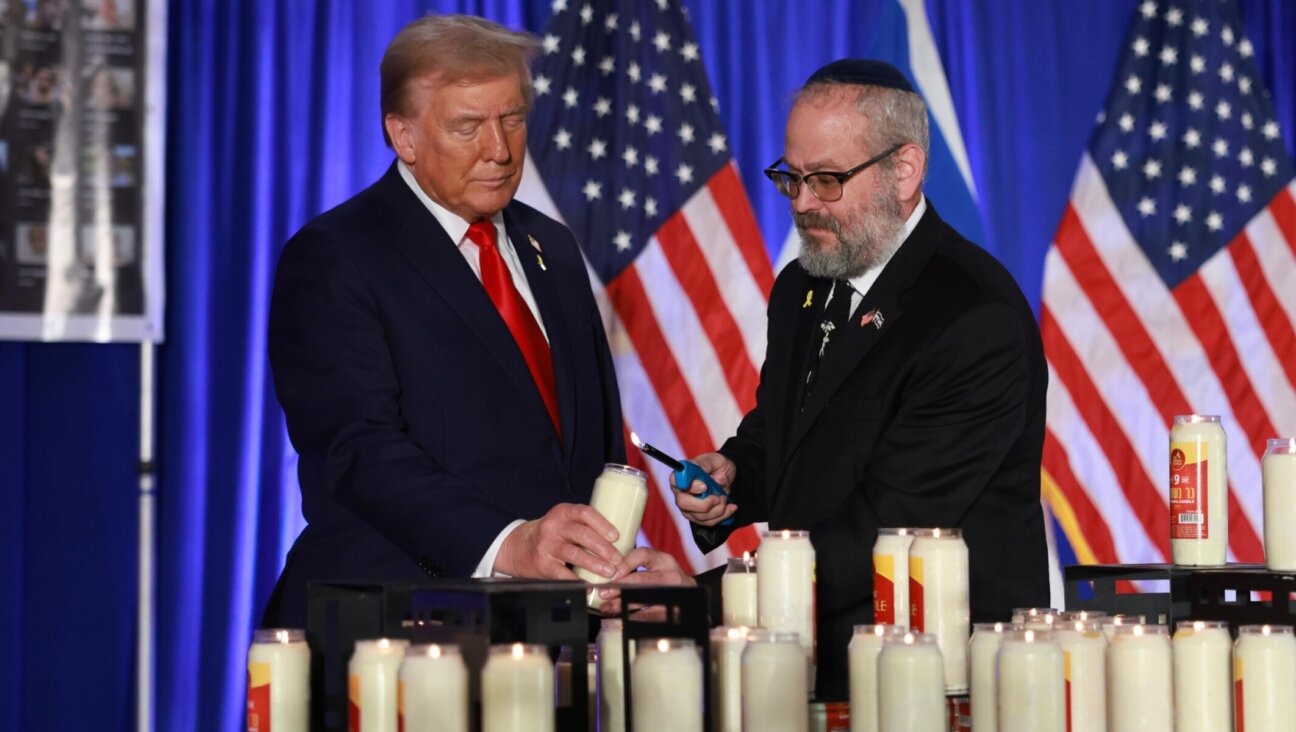When We Withdraw, Will Saudis Heed a Sunni Call to Arms?
If Iraq descends into a full-blown civil war during or following the withdrawal of American-led coalition forces, would Saudi Arabia be compelled to intervene?
The Saudis have come under mounting pressure to give Iraqi Sunni Arabs the wherewithal to stand up against Iraq’s Shi’ites and Kurds, especially the former. Riyadh has so far resisted this pressure. But it also has signaled its alarm over the deteriorating situation in Iraq, especially should events move toward a more clear-cut threat against Iraq’s Sunni Arab community in the context of a more generalized civil war.
In a civil war scenario, tens of thousands of Iraqi Sunni Arabs not yet involved in the violence would almost certainly step forward to defend their cities, towns and neighborhoods, probably transforming the Sunni Arab insurgency into something more like a popular militia, a process already underway in certain hard-pressed Sunni Arab communities.
Increasingly aggressive Shi’ite militias, and much of the Iraqi police so often affiliated with them, are viewed by Iraq’s Sunni Arabs — and probably also by Sunni Arab governments nearby — as violently anti-Sunni and backed by Iran. And the Iraqi army, predominantly Shi’ite and Kurdish, though relatively better behaved to date, could pose a similar problem for Sunni Arabs should a full-blown civil war take shape.
The Saudi leadership has been alarmed by the spiraling violence in Iraq and very much fears a withdrawal of coalition forces. In an effort to shield itself from the increasingly dangerous Iraqi maelstrom to the north, the kingdom has already begun work on an elaborate defensive barrier along its border with Iraq. But beyond the fear of spillover, Riyadh is deeply concerned over the potential emergence of an Iranian-dominated, Shi’ite-led state inside Iraq.
Saudi assistance in a civil war scenario would most likely come in the form of robust financial aid, not actual Saudi military forces. And perhaps never before has the kingdom been better positioned to come forward with substantial amounts of money for such an effort. The high price of oil has swelled the kingdom’s coffers to a degree that could not have been imagined only several years ago.
That said, Riyadh would have to be very careful in funneling such aid to Iraq’s Sunni Arabs. It would have to be done in a manner that would best ensure the money reached the more nationalist and less militant Islamist Iraqi insurgents, not groups like Al Qaeda in Iraq. Should fanatical Sunni Islamic elements gain still more strength in the course of a civil war, they could eventually pose as significant a threat to Saudi Arabia as they do now to Iraq’s Shi’ite population.
The Saudis are surely not alone in their concerns about the implications of the emerging struggle inside Iraq and the likelihood of a major, post-American withdrawal civil war. Jordan also would come under intense pressure to aid the Sunni Arab cause in Iraq under such circumstances. The king had his lines out to figures close to the insurgency as early as 2004 (primarily to see if they could be persuaded to peacefully join the mainstream Iraqi political process), and Jordan’s top military brass has close ties to Iraq’s former Sunni Arab military elite, some of whom already play major roles in the insurgency.
Consequently, despite occasional tensions between the two monarchies, outside assistance to Iraq’s Sunni Arabs could become, to some extent, a Saudi-Jordanian affair. The Jordanians would be of considerable use to Riyadh in the movement of munitions into western Iraq and in helping to steer Saudi financial aid into the hands of less irresponsible and more familiar elements associated with the former Iraqi military.
Egypt, the Arab world’s most important producer of military hardware and ammunition, also could become a significant player. Although more distant, Cairo shares the concerns of Amman and Riyadh with respect to the expansion of Shiite and Iranian power in the region. In addition, Egypt’s military industrial complex is always on the prowl for lucrative contracts. And Egyptian military industry can produce basic Soviet-era weaponry, with which Iraqis are most familiar.
A major canard heard frequently with respect to a struggle among Iraq’s Kurds, Shi’ite and Sunni Arabs is that the Sunnis would be unable to hold their own militarily because they have no oil. As noted here, it is quite possible that the Sunni Arabs would get just what they need to pose a formidable challenge regardless.
Iraq’s Sunni Arab community also contains the bulk of Iraq’s pre-war officer corps, as well as tens of thousands of former soldiers from elite formations of the old army such as Special Forces units and the Republican Guard. To the extent they could be provided with the hardware and munitions needed to confront Iraq’s Shi’ites and Kurds, these former military cadres would likely perform with great skill and tenacity.
Additionally, in a struggle of considerable magnitude, Shi’ite and Kurdish oil exports would come under attack by Sunni Arab saboteurs in any case. In fact, Iraq’s oil infrastructure already has suffered considerably as a result of repeated attacks on pipelines and other facilities by Sunni Arab insurgents.
Ironically, robust outside assistance to Iraq’s Sunni Arabs probably would, in turn, compel Iraq’s Shi’ites to turn increasingly to Tehran for similar assistance. Consequently, the very tendency most feared by Iraq’s Sunni Arab neighbors would likely be reinforced by their intervention.
There would, of course, be vigorous efforts, especially on the part of the United States, United Kingdom and United Nations, to pressure outside parties like the Saudis to refrain from contributing to such a bloody showdown in Iraq. The Saudis and other nearby Sunni Arab governments, however, could prove highly resistant to such entreaties.
If the United States were to lead a withdrawal of coalition forces from a destabilized Iraq, leaving Iraq’s minority Sunni Arabs particularly exposed, some Sunni Arab states would probably feel that Washington had abrogated its responsibilities concerning Iraq and left them little choice but to take measures to defend their own perceived interests accordingly.
Wayne White, an adjunct scholar at the Middle East Institute, is the former head of the Iraq Team at the State Department’s Bureau of Intelligence and Research, where he served as deputy director of the Office for the Near East and South Asia.
















